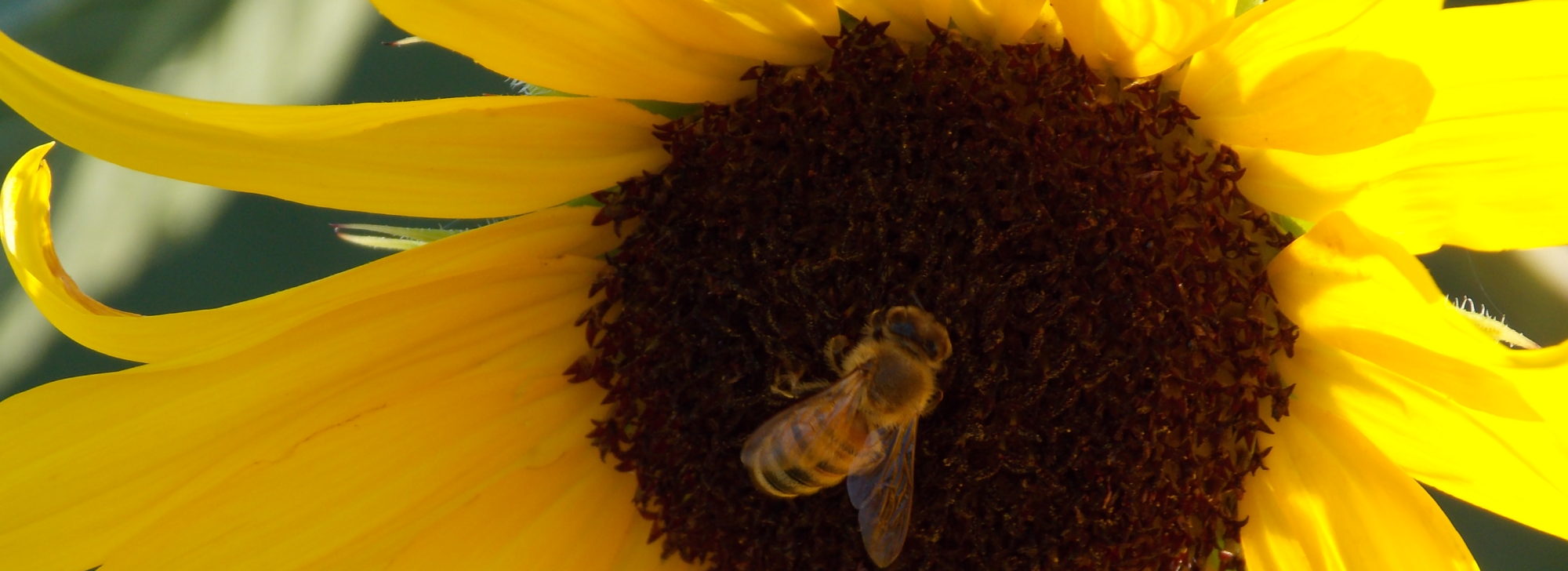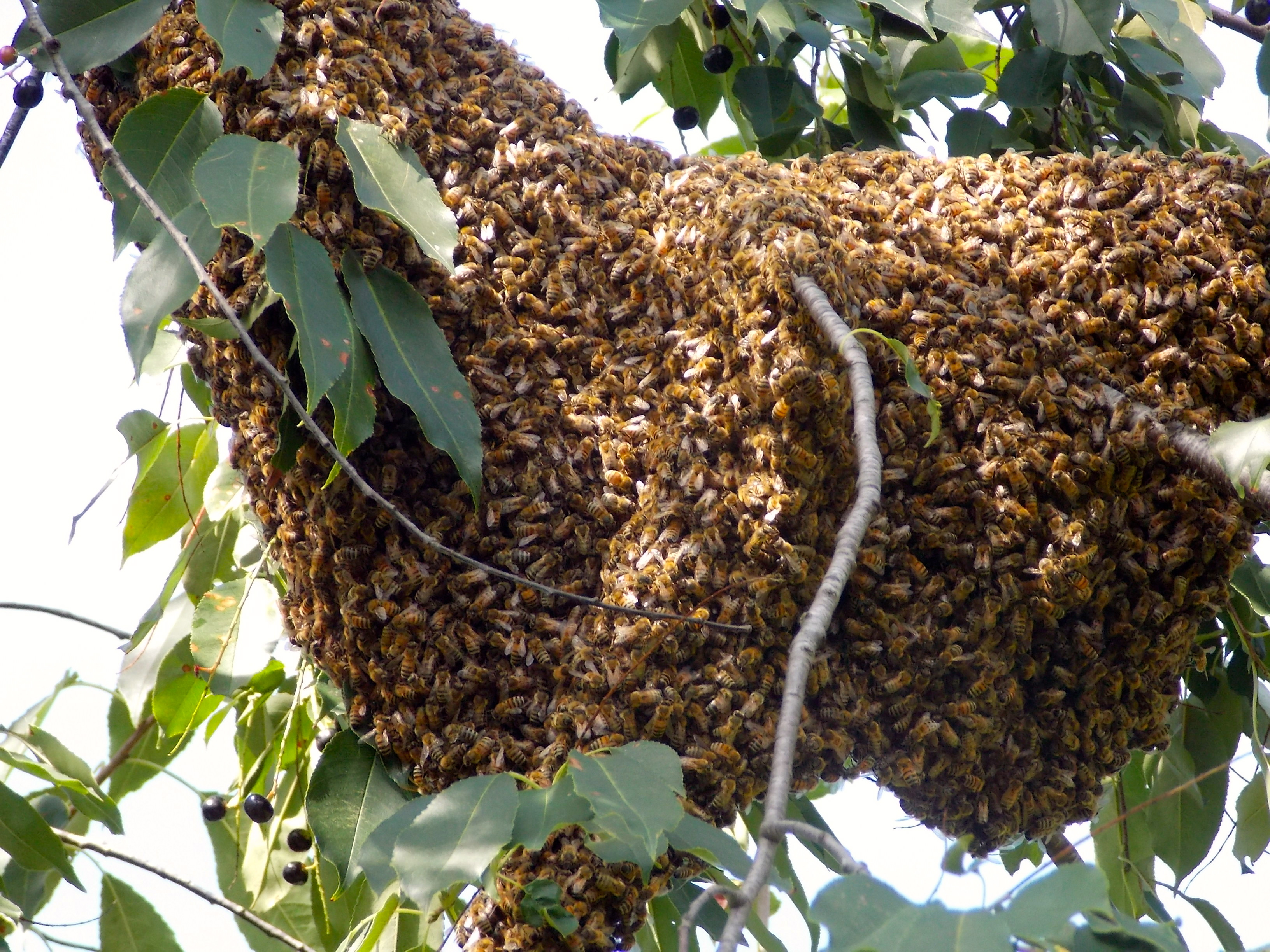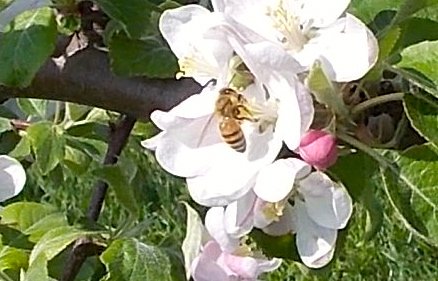Bee Quiz
Knowledge is power - the more you know about bees the more conscientious you’ll be of their habitat. Here’s another bee quiz.
Q. How much honey does one worker bee produce in her lifetime?
a) 1 quart of honey
b) half a cup of honey
c) 1/12 of a teaspoon
Answer: c
Q. How much honey does a small colony of bees need to survive the winter?
a) 50 pounds of honey
b) 35 pounds of honey
c) 75 pounds of honey
Answer: b
A productive hive can make 2 pounds of honey a day. Thirty-five pounds of honey provides enough energy for a small colony to survive the winter.
Q. There is enough energy in one ounce of honey to supply the needs of one bee flying a distance of..
a) 100 miles
b) from the Florida Keys to the Pacific Northwest
c) around the world
Answer: c
Q. Queen bees lays up to how many eggs each day?
a) 2500
b) 500
c) 2000
Answer: a
A queen bee lives for about 2-3 years. She is busiest in the summer months when the hive needs to be at its maximum strength, she lays up to 2500 eggs per day.
Q. How fast does a honey bee fly?
a) 10 miles per hour
b) 15 miles per hour
c) 18 miles per hour
Answer: b
Honey bees fly up to 15 miles per hour. Their wings stroke 11,400 times per minute which makes their distinct buzzing sound
Q. The sting from a drone bee is more potent than the sting of a worker bee?
a) true
b) false
Answer: false
Drone's don’t have a stinger. A dron's role in the bee colony is to mate with the queen. Immediately after mating the drone dies. There are very few drones within the bee colony. Drones do not contribute to the hive, other than to mate with the queen.
Q. In 1947 there were 5.9 million managed bee colonies producing honey in the United States. How many managed bee colonies producing honey were there in 2008?
a) 6.5 million
b) 755,000
c) 2.3 million
Answer: c
In 2008 the USDA reported 2.3 million honey producing colonies in the United States, a decline of 61% since 1947
Well, how did you score? Learn more about bees at the Iowa Honey Produces website


